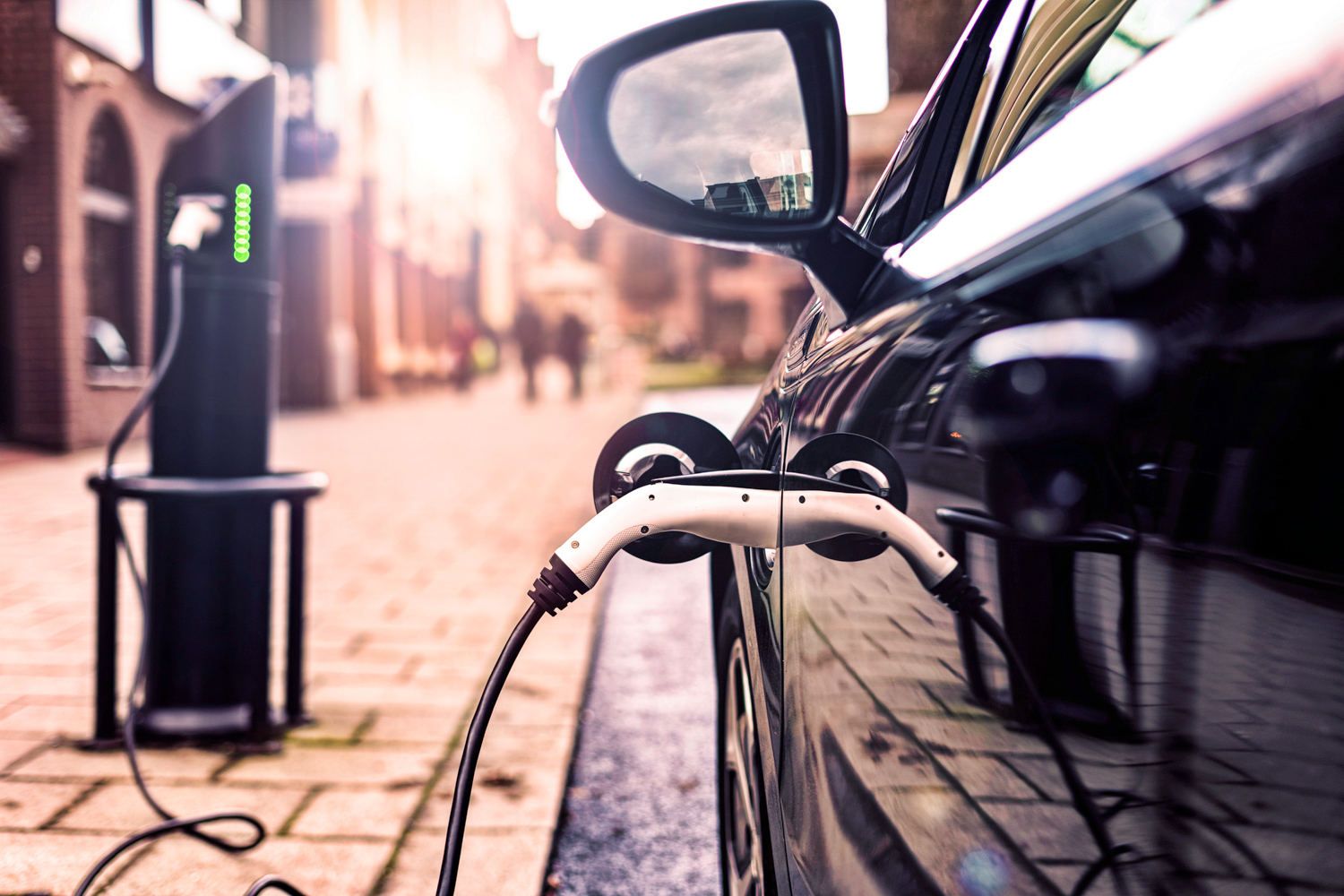65 per cent of Ireland's car buyers say that they won't buy a 'conventional' car again. That's the result of a new survey of Irish car-buying attitudes by the AA.
Hybrids still more popular than EVs
Out of 8,241 drivers surveyed, two-thirds said that they did not plan to buy a regular petrol or diesel model again, but before you break out the electric car bunting, most of those buyers are not yet ready to take the fully-battery-powered plunge - they want hybrids.
Of those drivers that the AA polled, the majority currently own a petrol (39 per cent) or diesel (51 per cent) car, and just 34 per cent of these drivers said they would buy another such vehicle. However, those who intend to change are three times more likely to pick a hybrid vehicle than a full EV. 40 per cent, or two out of every five if you prefer, plan to go for a hybrid for their next four-wheeled purchase, while a mere one in eight (or 12.5 per cent) will go for a fully electric car.
"It appears that drivers are still reluctant to make the move to a full Electric Vehicle", said AA spokesperson Lauren Beehan. "Most say they would choose a hybrid - but this could be a stepping stone to buying a full EV in years to come, as current hybrid drivers are more than twice as likely to buy an EV for their next vehicle as petrol and diesel drivers are. It seems those who have already made the switch to a hybrid or an EV are generally very happy with their choice, and almost none plan to go back to a fully internal combustion vehicle."
In fact, electric car retention is staggeringly high - 90 per cent of EV owners will buy another electric car, and 99 per cent say they would not go back to an internal combustion engined model.
Hybrid a stepping stone to EV for many
Of those who've already bought hybrids (and with models such as the Hyundai Tucson and Toyota Corolla and RAV4 filling out the tops of the sales tables, it's a lot) one third said that they will move to a fully-electric vehicle next time, while 60 per cent say they will stick with a hybrid. Only 1.8 per cent are planning to switch back to old-school petrol or diesel. The most common factors in choosing not to buy an EV were the high purchase price of these vehicles (67 per cent), worries about the range (46 per cent), fear that charging takes too long (31 per cent) and the lack of regular access to a charger (30 per cent).
On foot of the publication of the Government's Climate Action Plan last week, which has cemented lofty targets for EV penetration in the Irish market, there are concerns voiced about the acquisition of this technology. "The price of a new EV is still a major stumbling block for drivers, and many comments expressed concerns about the small size of the second-hand market in Ireland so far. Almost 90 per cent of those polled believe that EVs need to become cheaper to purchase, and over three quarters would support increased government grants to purchase an EV", added Beehan. "Other common concerns that people told us about were the conditions of the current charging network, fears of electricity shortages in the future, and the range of the vehicles."
Average mileage of 200km a week
Interestingly, most respondents say that their average weekly mileage is less than 200km a week - a distance that could potentially be covered on one charge of even the shortest-range EVs such as the Mazda MX-30, Honda e, and MINI Cooper S E. 69 per cent of those who are planning to buy an EV travel less than 200km a week, compared to 62 per cent of those who say they would not buy one.
People are also becoming rather more savvy, or at least aware, of the other climate impacts of an EV and their batteries. People are raising doubts around the disposal of batteries and the fact that the national grid still uses fossil fuels to generate electricity. A small number commented that they were waiting for newer technology, such as hydrogen vehicles, and several said there is no suitable EV for the vehicle type they need (mainly due to needing to tow a trailer or horsebox, or needing a wheelchair accessible vehicle). Nine in ten also want to see more public chargers installed, but fewer than two in five would support non-financial incentives for EV owners, such as access to bus lanes.

